ROOM: The Space magazine is one of the prominent magazines on space exploration, technology and industry. At ROOM, we share a common goal – promotion of peaceful space exploration for the benefit of humankind, all while bringing you throughly researched articles on a variety of popular topics. Our authors include researchers and industry leaders from all over the world, which lets us bring you the most up-to-date and accurate information about space mission journal.
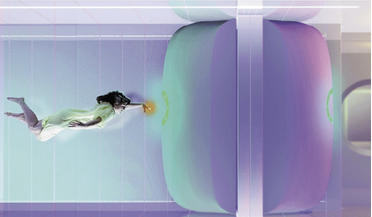 July 2021
Designing for life in outer space - The importance of design for long-term space missions
July 2021
Designing for life in outer space - The importance of design for long-term space missions
...of interfaces and tools for astronauts, we can achieve better goals that directly affect the success of a space mission When I started in space design over 20 years ago, I was practically alone and I wondered if an architect, a designer,... has chaired international symposia and workshops on design for outer space and has written books and published numerous papers in scientific journals. She has been the recipient of several prestigious awards, ...
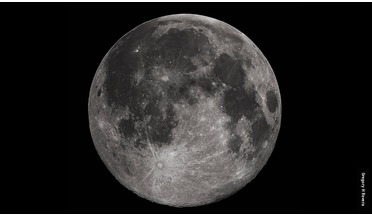 November 2021
The philosophy of space missions today
November 2021
The philosophy of space missions today
... Currently the main, most realistic and upcoming type of space missions are science missions. In a sense, scientific missions can be seen as a type of space activity to which we are inclined to assign a higher...humans to the Moon and especially to Mars, should prompt space mission philosophers to take a greater interest in the bioethics of space missions. Human presence in space, especially on a mission to Mars, will not only involve a number of ...
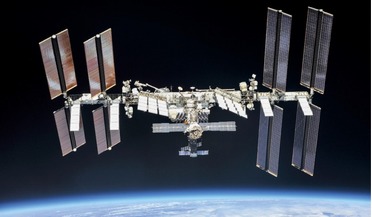 January 2019
Materials make the space mission
January 2019
Materials make the space mission
...chosen by prioritising those already successfully used for identical or very similar applications in other space missions - in terms of environment constraints and mission lifetime - and those for which satisfactory evaluations are obtained in tests that simulate ... in some of the most prestigious European universities. Acknowledgment This article is based on commentary originally published in the journal Nature, Volume 17 Issue 10, October 2018.
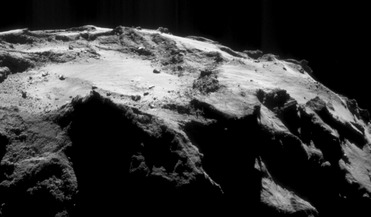 March 2017
Rosetta – outstanding climax to pioneering mission
March 2017
Rosetta – outstanding climax to pioneering mission
... our spacecraft. Emotional ending Rosetta is the last of the pioneering space missions and its end marks the end of the pioneering phase of space exploration Rosetta was programmed to transmit data in real time, and ... something more than that. Rosetta was the last of the pioneering space missions and its conclusion marked the end of the pioneering phase of space exploration. The new generations of spacecraft, of scientific instruments, of ...
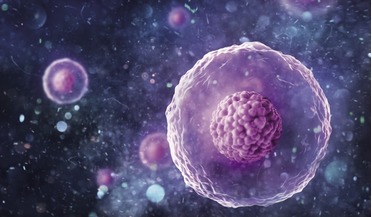 August 2021
Space research in embryology
August 2021
Space research in embryology
The future of long-term space missions is closely dependent on research into how the human body responds to microgravity conditions. This includes the science of ... of not only technical but also medical issues, which means that including medical specialists on long-term space missions is a key prerequisite. Ultimately, if the human race is to resettle itself elsewhere in the universe, research into maintaining fertility...
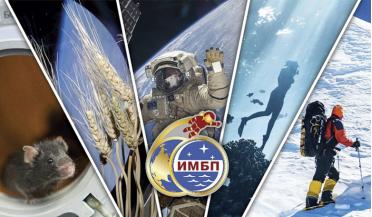 September 2023
The Institute of Biomedical Problems - Sixty years of contributing to the development of space biomedicine
September 2023
The Institute of Biomedical Problems - Sixty years of contributing to the development of space biomedicine
...through this research has allowed the Institute’s experts to successfully test technologies that reduce space mission medical and technical risks; to develop methods for increasing the body’s reserve capabilities and...study the medical, biological and psychological problems associated with human isolation and space limitation during simulated long-term space missions beyond Earth’s orbit. Currently, the Institute’s scientists are primarily focused ...
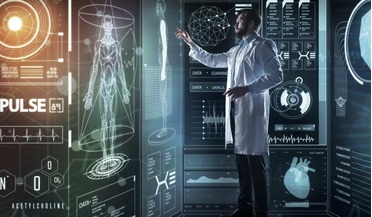 November 2020
Space medicine and terrestrial health care
November 2020
Space medicine and terrestrial health care
... itself in a reduction of muscle tone and contractile force reduction, and in long-duration space missions causes muscle atrophy and loss of efficiency. Long-lasting muscle inactivity is also liable to cause...data of such studies forms the basis for improving medical, psychological and biological support of space missions and makes an indispensable contribution to understanding psychological changes and preventing the negative effects of living...
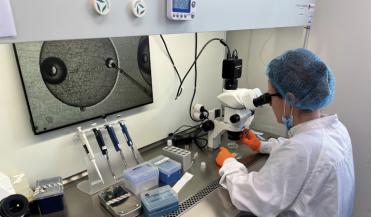 April 2025
Pioneering human reproduction in space
April 2025
Pioneering human reproduction in space
... ARTIS (Assisted Reproductive Technology in Space) programme, which includes both IVF-in-space technology and the initial missions. During a six-day ARTIS mission female reproductive cells will be fertilised in space under artificial Earth-like gravity. ... approval process for using mouse embryos in the ARTIS minilab during SpaceBorn’s second space mission, scheduled for late 2025 from India. The same technology that facilitates safe reproduction...
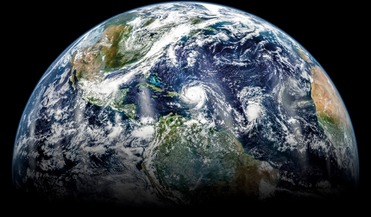 July 2020
Pandemic in space – are we ready?
July 2020
Pandemic in space – are we ready?
...detection and reporting of events detrimental to public health after a space mission has returned to Earth. The governance of global health and space activities need not exist in parallel universes Article 9(2) of the...be cognisant of a possible pandemic occurring in space, or the risk of a virus piggybacking on objects or personnel returning from space. Either scenario may cripple costly space missions for indefinite periods of time, and if proved...